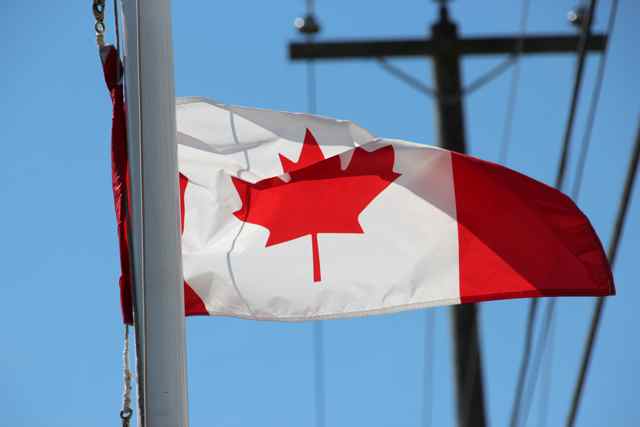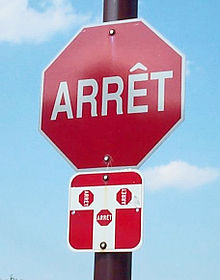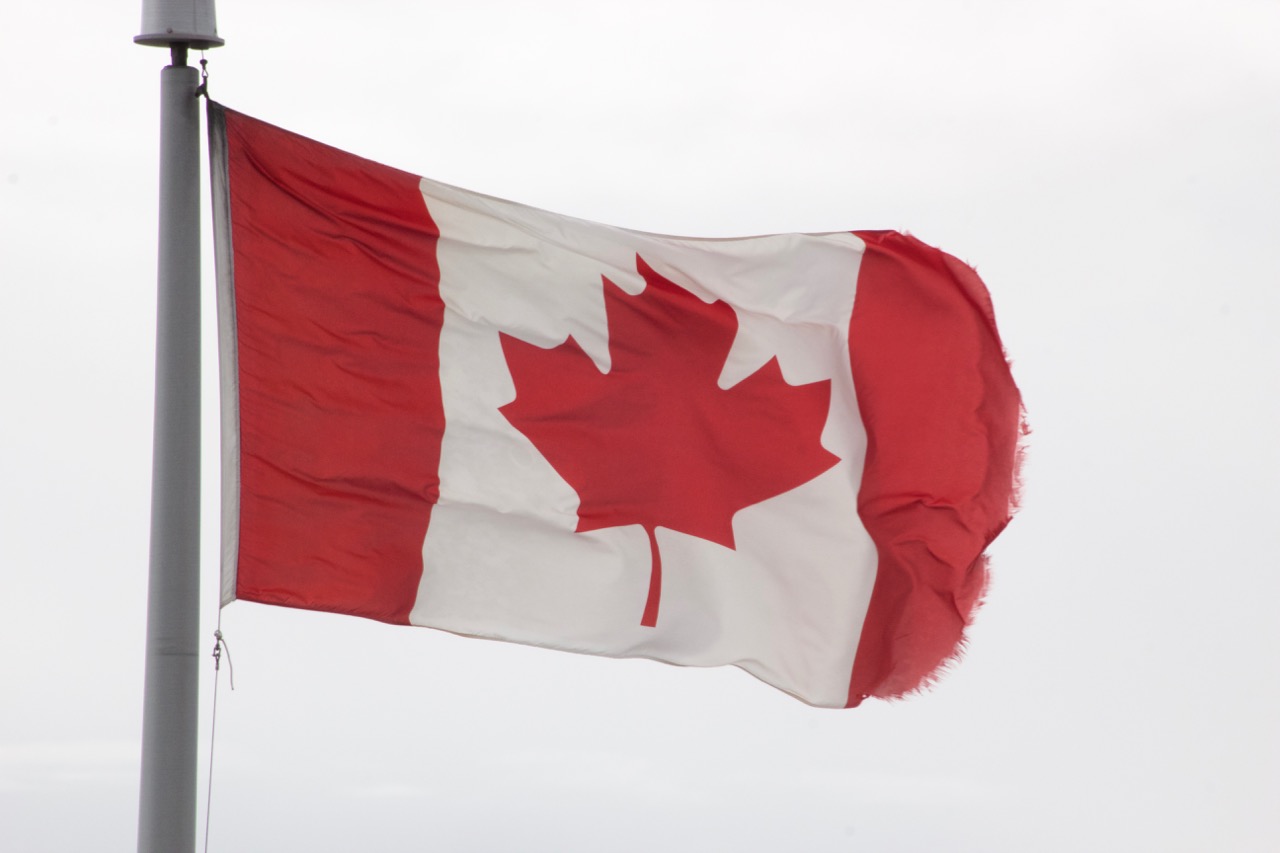
The more languages you know, the more you are a person
❝To have another language is to possess a second soul.❞
‒Charlemagne
Vasali Nagypapa, my grandfather on my mom’s side, was a soldier in the Second World War, knighted for bravery, and was a self-taught intellect. His formal education was about grade two, but that didn’t stop him from ravenously learning. He taught himself to read, to write, to play musical instruments, to learn the mechanics of everything in the world around him and participated in all things political.
“You are as many people as you are languages.” he would say and he honestly believed it was the most important thing for any of his grandchildren to do. Coming from Hungary, invaded by the Germans, then ruled by the Soviets; he looked at languages as a way out, but it really is more important than that.
Languages open doors to new culture and experiences that enhance your life. It allows you to have a part, if ever so small, in that other country by giving you a little window to how they live, who they are and why they believe in the things they believe. Think about that for just second. You become a part of their country, if at first as an outsider, or student, you can still claim that small part through that tiny window. With more lessons, exposure, experiences with your other languages that window could become bigger and eventually it might even become a door to another life if you so choose.
The most astonishing part of learning languages for me, was to learn how other people from all around the world view my Canadian or even Hungarian heritage, told to me through our common language from their point of view. They look from the outside in, and I can see myself through their perspectives. Honestly, it gave me a broader view of the world we live in. We perceive ourselves one way growing up in one culture and often have no idea how we seem to outsiders. From peculiar little idiosyncrasies to understanding deep rooted traditions, from culture and customs to politics, policies and history and everything in between. You have the ability to see clearer, as it is not obscured by stereotypes or prejudice but friendly interactions with others. Even the smallest interactions can influence how we perceive the world around us.
I often wonder how different my personality seems in each language I speak, in the country I live and how I come across to my friends, family and co-workers there. Obviously not having a clear grasp on a language makes it far more difficult to communicate. On the other hand, in my less comprehensive languages I spend far more time listening and carefully choosing exactly what I mean to say. I think this would show me in a rather different light than when I am home in South Surrey rambling every thought that crosses my mind at rapid-fire speed. Also, when you communicate your thoughts to people of your new culture, many times your ideas seem new and innovative. A new perspective often has this effect, they can become taken by you.

I know what it feels like to be a native English speaker in a prominently native English speaking Canada, (part of the UK commonwealth).
In Hungary, during visits between 1977-1989, I understood how Hungarians perceived the American dream. They saw first hand how we, as Canadians, lived, and in small ways we brought the dream to Eastern Europe during communism. In suitcases packed with brand named clothes, watches, foodstuff completely foreign to them and of course there was the little piles of cash tucked between bed sheets when we left to keep our family going until our next visit.
❝Those who know nothing of foreign languages know nothing of their own.❞ ‒Johann Wolfgang von Goethe
In France we are different again. We arrived as Hungarian citizens, as they did not accept our Canadian dual citizenships. As part of the suppressed communist block: now I see the way Hungarians are viewed throughout the world, as outsiders, those who change the fabric of a society by bringing their cultures to their new lands and refuse to blend in or assimilate. Of course once they got to know us, things were different. They loved us.

In France, we arrived with no language just eagerness and a love of the deep-rooted communities that seem to be going extinct in other countries. We came to assimilate, and give our children a more simple, slower paced life and for them to become part of France. Somewhat a novelty being from the ‘Americas’ as they call it, there is a true desire for the French to learn English, and perhaps they accept us faster than other immigrants for our ability to speak English; a commodity worth trading.
The system is not set up for an easy transition into France. France wants to stay French. Imagine that! If only every country had this basic instinct for self-preservation.

How is Canada viewed in Europe? Canada is viewed as part of America with no distinct culture or that we are Eskimos with dog sleds in place of cars. The truth, travelling Canadians are friendly and easy-going but known to be naive and nice to a fault. I don’t get offended anymore, as I smile my endless Canadian smile, because I feel they are missing part of their definition. It is through experience that we try to define our surroundings and the more information we gather, the more our opinions change. Am I right? Through a new language we are shown a glimpse, not a full picture of who we seem to be. The full spectrum of light in the mirror takes years of living in your new country to see.
Canadians are quietly patriotic, casual and laid-back, lovers of travel, and the outdoors. We firmly believe in equality, don’t like hearing discriminatory comments and we take this stand very seriously. I cringe whenever I hear French or Hungarian jokes about other cultures. Somehow they get away with this. It would never fly in Canada and makes Canadians very uncomfortable.
❝Perhaps of all the creations of man language is the most astonishing.❞ – Giles Lytton Strachey
A language, and the changing of that language show the versatility of the culture. Languages change with the times, and more and more words are becoming the same throughout the world; marketing, computer, Internet, ketchup. One day we will have one language that shares the essence of all our languages combined; to describe modern times, historical expressions and conundrums.
If you imagine the development of a language from the beginning, and the need to preserve that language for the future, it makes sense that people are protective. The death of a language is the most dreadful end to any culture, which ends their living history. It is easy for me to say that English is the universal language, and why don’t we all just talk in English, but that would be very arrogant. Especially when you take a close look at the living languages of the world and see how amazing and diverse they truly are.
WiKi fact:
- There are roughly 6,500 spoken languages in the world today. However, about 2,000 of those languages have fewer than 1,000 The most popular language in the world is Mandarin Chinese. There are 1,213,000,000 people in the world that speak that language.
English is the most common language used in business today. However, many details get lost when trying to translate expressions or feelings, or are used incorrectly. There are things that only make sense to me in Hungarian. Each language often has the exact word that describes something the best. It is the same in French, certain phrases depict the feeling or sense of a situation that just doesn’t exist in English. Ideas become lost in translation or convey a different meaning altogether.
In Hungarian you can change the meaning of words by adding inflections. Through these beginnings and endings, you can define what you are trying to say in greater detail. Verbs can be inflected in about 5000 different ways where most nouns, pronouns and numerals can be changed in 10,000 different ways. It is also the reason Hungarian (and Finnish) is among the most difficult languages to learn.
I, however, am still grateful for my grandparent’s sacrifice to leave Hungary in 1956, bringing two small children across the Austrian border in the cover of night, trampling over dangerous guarded fields, while making their journey to England where they lived for one year as refugees. Here they learned to speak in English. From there they chose Victoria, B.C. Canada as home. That would eventually bring me into the world to where I grew up swimming in the rivers, lakes and the Pacific Ocean, among endless giant pine forests, seeing bear, deer, raccoons, and whales. We tobogganed snow-capped mountaintops viewed in the distance surrounding our home. As children we scampered along forest lined sandy beaches, turning over shells and playing in tide pools. It was an amazing stress-free childhood along the Pacific Ocean Coast. Stunningly beautiful, enormous open spaces, and dense thick forests. It is a park-like setting.
What I am most grateful for is incorporating all three of my languages into the lives of my children. Having a multicultural upbringing opens your heart to accepting other cultures as equals. I grew up next to every colour and creed of man. I tasted their food and learned their traditions. Because of this acceptance, I have a deeper appreciation for the countries I live and visit.
The more languages you know, the more you are human… “As many languages you know, as many times you are a human being”– Tomáš Garrigue Masaryk
This refers not just to the ability to communicate in different languages, but also the ability to share in various spiritual spheres of those different cultures.